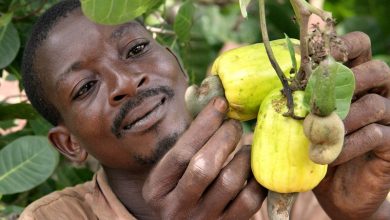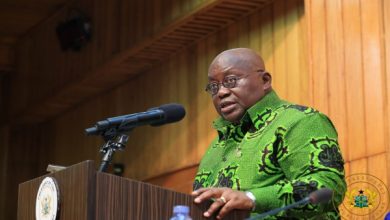Prioritize Family Planning To Ease Pressure On Development Facilities – NPC To Government

|
Getting your Trinity Audio player ready...
|
The National Population Council (NPC) says there is a need for the Ghanaian government to as matter of urgency prioritize family planning as critical means to control the birth rate to reduce population growth and subsequently ease pressure on existing few socioeconomic development facilities.
Mr Davies Yeboah Aboagye, the Bono Regional Officer of the NPC, speaking in an interview said family planning would enable families to space out births to slow population growth.
Family planning remains the surest way to regulate fertility and address the high incidence of adolescent pregnancy and childbearing, child neglect and the situation of unsafe abortions, he emphasized.
He was responding to the menace of increasing teenage childbearing rate and its subsequent phenomenon on the population growth and to raise awareness and highlight issues of the rapid global population and associated problems.
Mr Aboagye noted the free maternity Ghanaian pregnant women were enjoying was though contributing significantly to reducing maternal mortality, but an undeniable factor in increasing rapid population growth.
Hence, prioritizing family planning and making it free access would help control the birth rate could ease pressure on social amenities and curb the consequences of low knowledge of family planning as well as solving the insufficient funding for social support programmes such as school feeding, free SHS, Livelihood Empowerment Programme (LEAP) and the rising cost of living that the nation is burdened with.
He said the negative effects of rapid population growth and overpopulation can place strain on a country’s capacity for handling a wide range of issues of economic, social and environmental significance.
Overpopulation also becomes severe when population growth occurs in conjunction with poverty and lack of access to resources with unsustainable patterns of production and consumption.
According to him, Ghana was not well equipped to handle the increased need for food, water, proper sanitation management, education and unemployment that has come with a growing population.
Mr Aboagye cited the youth constitute 38.2% of Ghana’s population according to the (GSS, 2021), stressed the need to ensure free access to reproductive health information, adequate funding for family planning commodity supply, focusing on training and education for the adolescents and bringing culprits engaging in child marriage to book.
He further said good governance and provision of credit support schemes for local business initiatives to uplift the vulnerable from poverty were other means to control teenage childbearing and slow population growth.
Mr Aboagye said the 2022 World Population Day on the theme “Prioritizing rights and choices; harnessing opportunities, the road to a resilient future for all” called for stakeholders especially the media, traditional authority, religious groups and NGOs collaborate with the government to create a better Ghana.
The National Population Policy (revised edition, 2017), he said aims at reducing the total fertility rate (the average number of children a woman who has lived her reproductive years would have) from 4.2 children per woman in 2014 to 3.5 by 2024, and 3.0 by 2034.
“Reaching a global population of 8 billion is a numerical landmark, but our focus must be on the welfare and development of the people,” Mr Aboagye noted.






